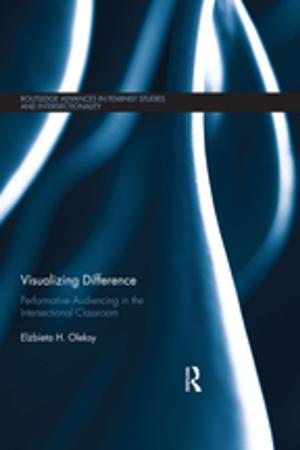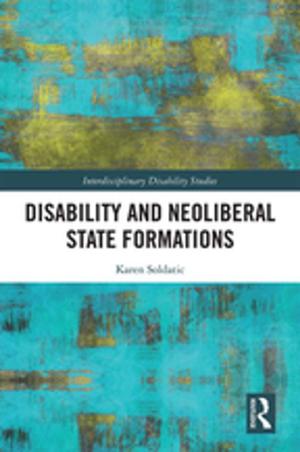Evaluation Cultures
Sense-Making in Complex Times
Nonfiction, Social & Cultural Studies, Political Science, Social Science| Author: | ISBN: | 9781351296861 | |
| Publisher: | Taylor and Francis | Publication: | September 8, 2017 |
| Imprint: | Routledge | Language: | English |
| Author: | |
| ISBN: | 9781351296861 |
| Publisher: | Taylor and Francis |
| Publication: | September 8, 2017 |
| Imprint: | Routledge |
| Language: | English |
Evaluation Cultures draws upon a sample of reflections, drawn from organizational practices, nationally centered political cultures, and ethnic cultures, as a framework for understanding how culture influences the work of evaluation. Two main conclusions seem to emerge: first, that there exists no single, uniform, and homogenous national evaluation culture; second, that the idea of a unified transnational culture of evaluation is an illusion.The evaluation community includes a diverse group of professionals; a diversity that is not just represented in national or ethnic culture but also in academic backgrounds, public and private sector allegiances, and personal character. The contributors to this book represent, in part, this diversity by reflecting a range of views.Evaluation Cultures draws upon the experience of senior evaluation practitioners, who share their reflections on their practice and experience, in order to put forth challenges to purely academic analysis. Evaluation Cultures presents a consistent, if not exhaustive, attempt to give analytical and empirical sense to all of the cultures of the evaluation community.
Evaluation Cultures draws upon a sample of reflections, drawn from organizational practices, nationally centered political cultures, and ethnic cultures, as a framework for understanding how culture influences the work of evaluation. Two main conclusions seem to emerge: first, that there exists no single, uniform, and homogenous national evaluation culture; second, that the idea of a unified transnational culture of evaluation is an illusion.The evaluation community includes a diverse group of professionals; a diversity that is not just represented in national or ethnic culture but also in academic backgrounds, public and private sector allegiances, and personal character. The contributors to this book represent, in part, this diversity by reflecting a range of views.Evaluation Cultures draws upon the experience of senior evaluation practitioners, who share their reflections on their practice and experience, in order to put forth challenges to purely academic analysis. Evaluation Cultures presents a consistent, if not exhaustive, attempt to give analytical and empirical sense to all of the cultures of the evaluation community.















